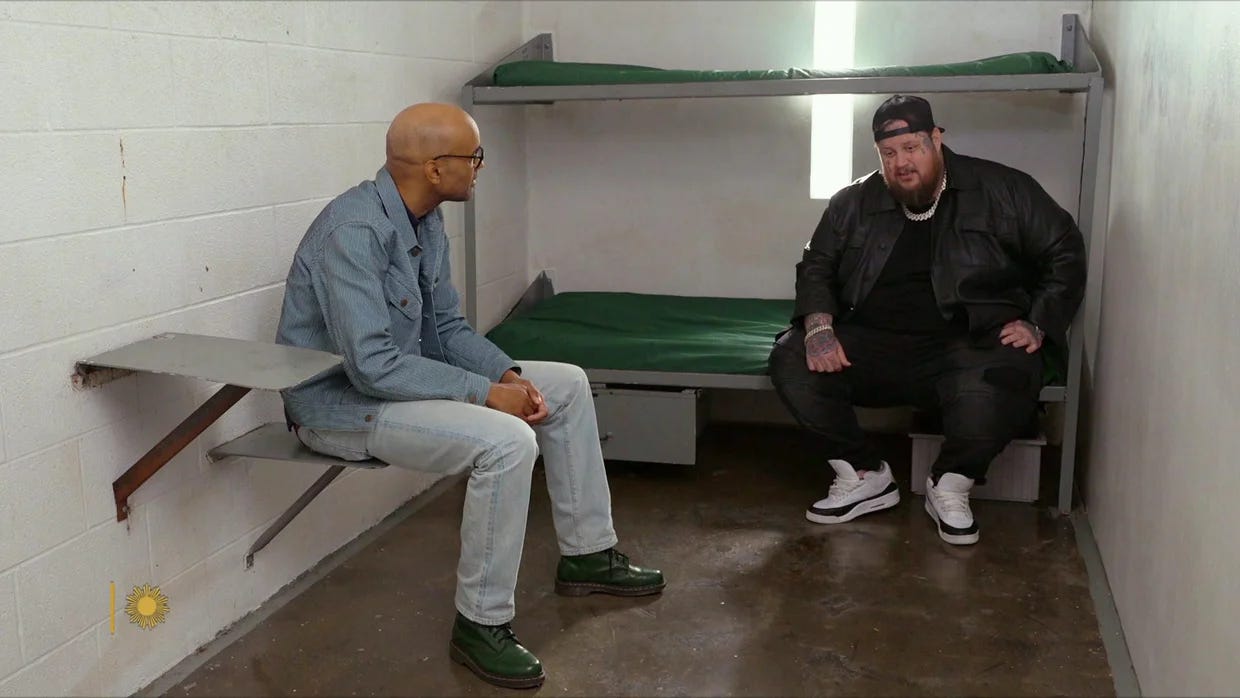Last week, I was lucky enough to sit on a panel with a group of women I would have very easily paid money to listen to, let alone talk among them: Ann Powers, Alice Randall, Adia Victoria and Jewly Hight. Dubbed “Women Made Music,” Ann put together the event to talk about the brilliant new book How Women Made Music, that bloomed out of NPR’s turning the tables project, which puts women at the center of music history when they’ve been written out of time and time again, forever and ever. I contributed an essay for the project about motherhood and Margo Price, and how the way that she’s navigated her career with motherhood upfront helped me change the way I relate to my own role as a woman and a parent in this world. It was a tremendous time and conversation – I look up to all these folks so much, and sitting next to a legend like Alice Randall and hearing her share her experiences was something I won’t soon forget. I hope you will pick up How Women Made Music, and My Black Country, if you haven’t already. I know, here in Nashville, Grimey’s, Bookshop and Parnassus all sell both!
There’s a lot I could reflect on from the conversation, but one thing truly stuck in my mind. At one point, talking about trailblazing women in country and whatnot, Alice said something so amazing and spot on that I rolled it over in my head the rest of the night: that someone like Jelly Roll exists because of women. It’s women in Nashville who have broken the rules, paved new paths, refocused songs on the workingman and centered emotion when their mainstream dude counterparts were singing about trucks and beer (just to note: I’m talking about Music Row here and country radio, so therefore only the folks who sought after and were allowed to exist in that framework are mentioned here). It’s so easy to liken someone like Jelly Roll to the “outlaws” like Johnny Cash, but he’s not the only one who got Jelly here. It was Miranda Lambert, Maren Morris, Kacey Musgraves, Ashley McBryde, Mickey Guyton, The Chicks, Margo Price and of course the women who came before them, from Loretta Lynn to Rosanne Cash, who made the space for Jelly to, uh, roll into. They created new rules so men like him could use them to get to the top of the country radio charts and make it seem like they’re paving new ground.
It's a tale as old as time, this chocking up the success of an outlaw-ish man to a bunch of other outlaw-ish men, when it was really women when you dig into it – the kind of thing a book like How Women Made Music looks to correct. But when it comes to country music, we don’t talk about it enough, especially since we often tend to get caught up in how something sounds, not the path that someone created, which is just as big a part of opening a door. What I mean when I talk about this is how someone like Kacey Musgraves made Sam Hunt possible, which I know seems a bit silly if we’re using just our ears and not our brains, too. When Kacey released Same Trailer, Different Park, she showed a new way to succeed with and outside of Music Row, that made it possible for Sam to come in and meld different sounds and styles into his music, all within the confines of what we call (or argue about being) country. I don’t think he could have done it without Kacey’s success right before him.
And now we have Jelly, who is praised for his outlawish ways, his rehabilitation after incarceration, his more emotionally connected lyrics. These are all things that Nashville’s women foregrounded - and, in many cases, were penalized for. I have no problems with Jelly Roll, he seems like a nice fella and I admire his work with and attention to incarcerated folks and those struggling with addiction. But I do often think about how if there was a woman up there talking about jail time and addiction, would she see success in country radio? Or would she be pushed out? And how many women created the path for Jelly to navigate this way to begin with? When followed by a white man, though, you can get a bar downtown and a hit on country radio.
Can you imagine a woman in country music, let alone a Black woman, film a segment in a jail cell while having simultaneous radio hits? The thought is downright laughable. Even things like Ashley McBryde’s tattoos and Margo Price’s trouble with the law and outspokenness were too much for country radio, when a woman was doing it.
And it’s not just about credit. It’s about getting history right so the next woman in line knows the stakes, and sees the path before her and those who made it traversable despite impossible odds. Women made music, after all.
- Marissa





